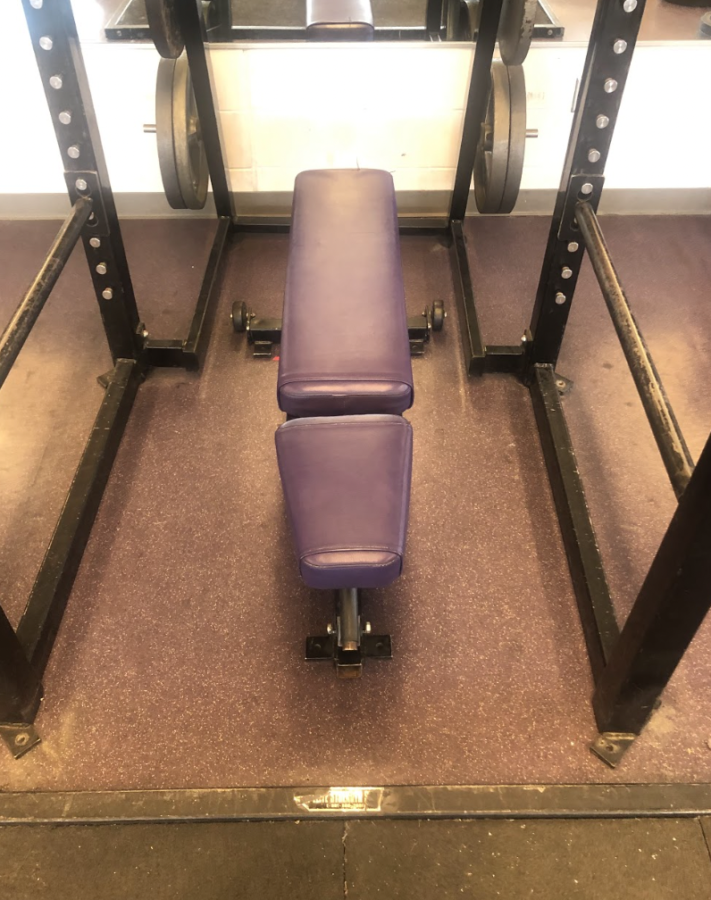The Nightmarish Devolution of Fitness TikTok
Fitness TikTok has gone from positive encouragement to sexist nonsense.
About six months ago, the Owl published an article addressing the fatphobia movement on TikTok, and how that lobby quickly turned from a force for good into a miserable cesspit of hypocritical body shaming. However, on the other end of that spectrum was GymTok, a section of the app dedicated to weightlifting and building muscle. While fat activism on TikTok has significantly died down, GymTok has only grown. For the most part, fitness TikTok is a very positive place to find advice on exercise and dieting, full of friendly, honest people who just want to spread positivity and help others get fit. A little deeper look down the GymTok iceberg, though, and a number of concerning issues start to reveal themselves.
One of GymToks biggest problems is its obsession with “masculinity” and eliminating “weakness”. Many users post edits showcasing their transformation from skinny or overweight to fit, captioning the videos with some variation of “reject modernity, embrace masculinity”, as if being ultra-masculine and having big muscles is the solution to all of society’s problems. Another trend that exemplifies the stumbling blocks of GymTok is that of “forbidden pre-workout”, where one uses a breakup as motivation to go to the gym and lift heavy, so that they can prove how much “better” they are than their significant other, borderline incel thinking.
At the center of GymTok is an Australian bodybuilder named Aziz Shavershian, known by most as Zyzz. Zyzz emerged on Youtube around 2007, gaining attention for his outgoing personality and championing of bodybuilding “aesthetics”. But what really made Shavershian such an icon was his support of the “grind”, or going to the gym six to seven days a week, consistently. The idea that anyone could look as good as Zyzz through nothing but dieting and hard work was exciting to many young people at the time, which quickly propelled him to legendary status within the fitness industry.
Unfortunately, Shavershian died in 2011 after suffering a heart attack; yet his legacy has been cemented, as he has become a sort of hollow icon on fitness social media. Teenagers on TikTok and Instagram treat Zyzz like the fitness messiah, quoting him and using his image to the point that he has become another meaningless buzzword that they can throw into a TikTok to get more likes, in the same boat as “forbidden pre” and “masculinity”. On GymTok, even the very concept of motivation has been wrung out for every little drop of traction it can give, leaving all of the videos dedicated to the “grindset” feeling derivative and hollow.
It’s an open secret that almost every major bodybuilder has been on steroids, from Arnold Schwarzenegger to the modern Mr. Olympia champions, because it’s simply impossible to win a bodybuilding contest as a natural when the majority of your competition is enhanced to the gills. Schwarzenegger has even admitted to using steroids, albeit decades after he stopped lifting. But with the advent of social media, many very clearly enhanced bodybuilders have built their platform on the lie that they are natural. They market ineffective supplements and claim that they built their muscles with grit and determination alone, flexing bodies that are unattainable without copious amounts of drugs. Many of these “fake nattys” have hundreds of thousands or even millions of followers, a good chunk of whom are young people who look up to them for advice.
Despite simply being accounts on social media, these juiced-up influencers have managed to warp the public perception of what is naturally attainable, which leads to many teens working towards results they cannot attain, and when they realize that that those bodies are impossible, they may quit working out, do steroids, or develop body dysmorphia.

Lucca Swain is a senior writer for The Owl and is currently in his third year of working for the publication. Lucca joined The Owl because he loves writing about and exposing readers to the topics and ideas that fascinate him, and this year he is extra committed to furthering that goal, despite how challenging it can be. In his free time, Lucca enjoys reading, listening to music, and exercising. Lucca also is also a firm believer that green grapes are superior to their purple brethren in every way, especially in flavor and texture.


